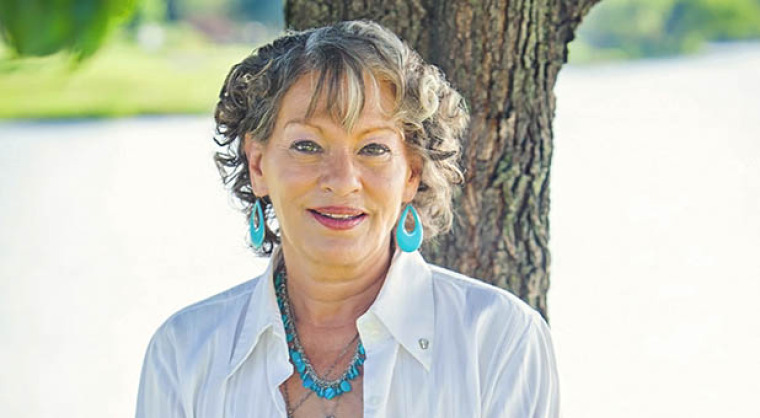Woman says police told her to stop praying in her own home, but ...

LOUISBURG, Kansas (Christian Examiner) – A former nurse who claims she was threatened with arrest after a complaint about her noisy radio also says she was told by police officers she could not pray in her own home before going to jail.
Now, Mary Anne Sause – who is Catholic and was not actually arrested – has filed a lawsuit with the U.S. Court of Appeals for the Tenth Circuit alleging Louisburg police violated her First Amendment rights.
The case is on appeal because the district court dismissed her first filing, executed without the aid of an attorney, with prejudice. That means Sause could not amend her original complaint and refile it with the aid of legal counsel. The district court also said the case contained "allegations far from stating a plausible claim."
The appellate court will have to decide if Sause can move forward with the claim.
This is not, however, the first time Sause has launched a claim the court deemed implausible.
In 2011, she filed assault charges against Mark Pederson, the manager of a Kansas City abortion clinic, for reportedly body slamming her during a scuffle outside of the clinic. Sause was reportedly protesting abortion at the time.
Pederson was found not guilty because numerous eyewitness accounts didn't support her version of the story.
She also filed another pro se case (a case filed without a lawyer) over the Kansas Department of Social and Rehabilitation Services' placement of her child in the state's foster care system. She claims the state's court case reflected "inaccuracies in her parenting history" and the child was taken "into custody" by the state in violation of federal law.
The court dismissed that case, as well.
In the current suit, which stems from an encounter in 2013, Sause alleges two police officers arrived at her home late at night and demanded entry. According to her account, the officers continued to knock but she refused to let them enter because they did not identify themselves.
No American should ever be told that they cannot pray in their own home. The right to pray in the privacy of one's own home is clearly protected by the First Amendment.
When they returned later, Sause did admit them to the home and they demanded to know why they were not let in before. She replied that they had not identified themselves.
Sause then claims she showed the officers a copy of the U.S. Constitution and one of them replied that it was "just a piece of paper" which "doesn't work here." Once in the home, the officers also told her to prepare to go to jail and searched for an offense with which they could charge her.
Sause, who is on permanent disability and lives in government housing, claims she then asked an officer if she could pray. He said she could and she got on her knees to pray. When the other officer came back into the room, Sause alleges she was ordered to stop praying.
The two officers named in the complaint are Jason Lindsey and Lee Stevens (spelled "Stevans" in the original court case).
"The police are supposed to make you feel safe, but I was terrified that night. It was one of the worst nights of my life," Sause said in a statement from First Liberty Institute and Gibson Dunn, the law firms representing her.
"No American should ever be told that they cannot pray in their own home," Stephanie Taub, associate counsel for First Liberty Institute, said. "The right to pray in the privacy of one's own home is clearly protected by the First Amendment."
Sause's attorneys claim she "seeks a meaningful day in court" to vindicate her rights and the lower court was wrong to dismiss her first lawsuit.
"Regardless of whether she ultimately prevail on the merits of her claims, she plausibly alleged that the officers unlawfully interfered with her constitutionally protected religious liberty – the right to pray in her own house," the filing said.
Sause should be allowed to correct any legal deficiencies in the original filing dismissed by the lower court and have the case heard, Bradley Hubbard, an associate with Gibson Dunn, said.
"As Ms. Sause explained in her complaint, two Louisburg police officers abused their power and violated her First Amendment rights by ordering her—under threat of arrest and without any legitimate law-enforcement justification—to stop praying in her own home," Hubbard said.
Sause was eventually ticketed for "Interference with Law Enforcement" and "Disorderly Conduct."
The Louisburg Police Department and the city have not responded publicly to the complaint.